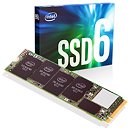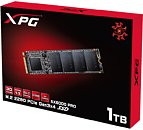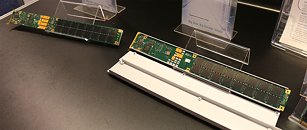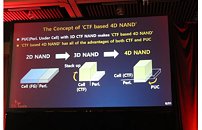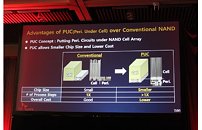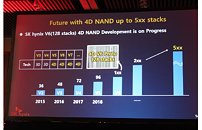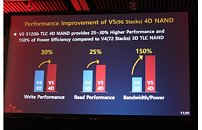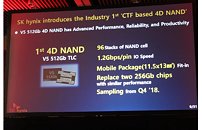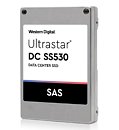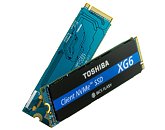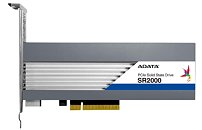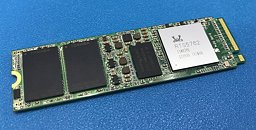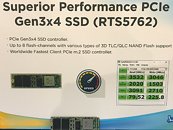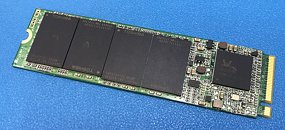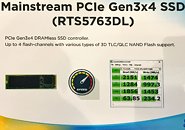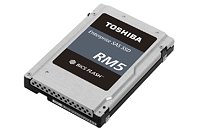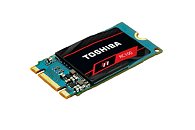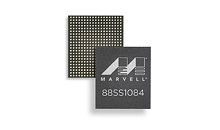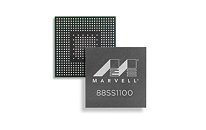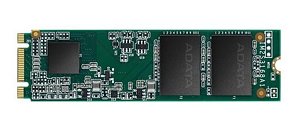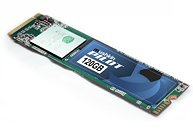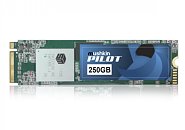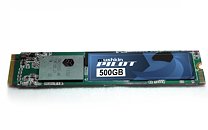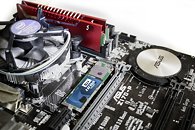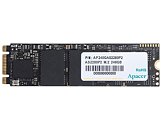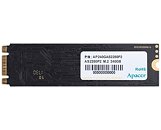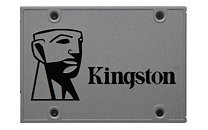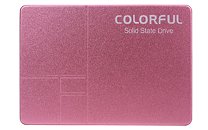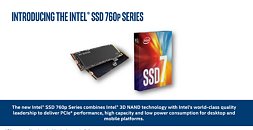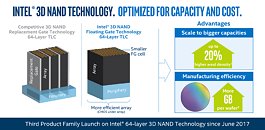
Intel-Micron QLC NAND Yields Less Than 50%, a Prelude to Global SSD Price Hikes?
IMFlash Technologies (IMFT), the Intel-Micron joint venture that manufactures NAND flash and 3D Xpoint memory for use in Intel and Micron end-user products, and Micron Technology-branded NAND flash supply to other SSD manufacturers, is facing a big hurdle with its QLC NAND flash manufacturing ramp-up, which if not checked, could influence SSD prices globally. The company is apparently seeing dangerously low yields of less than 50 percent for its 3D QLC NAND flash memory. This effectively makes its QLC NAND pricier (in terms of $/GB) than current-generation 3D TLC NAND.
The first victim of low yields of 3D QLC NAND flash is Intel's SSD 660p series, a mainstream NVMe SSD that brought 1 TB of storage under the $200-mark. Sources within IMFT tell Tweaktown that the company is seeing 48% yields in its 64-layer QLC NAND flash wafers (i.e. 52% of the wafer is unfit for further production). In contrast, 64-layer 3D TLC yields are above 90% (margin/incomplete dies are excluded from these figures). What's worse, the source predicts that the conditions may never get better with this generation.
The first victim of low yields of 3D QLC NAND flash is Intel's SSD 660p series, a mainstream NVMe SSD that brought 1 TB of storage under the $200-mark. Sources within IMFT tell Tweaktown that the company is seeing 48% yields in its 64-layer QLC NAND flash wafers (i.e. 52% of the wafer is unfit for further production). In contrast, 64-layer 3D TLC yields are above 90% (margin/incomplete dies are excluded from these figures). What's worse, the source predicts that the conditions may never get better with this generation.
